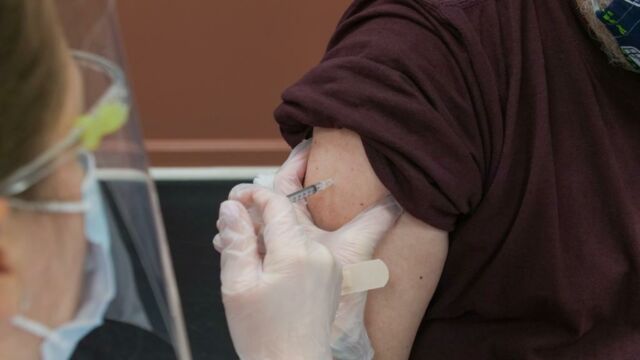After three British patients have had to be hospitalised following strokes as a result of their vaccination, AstraZeneca's vaccine is now considered to carry a general risk of stroke. One of the patients died shortly after the vaccination.
Discover our latest podcast
Two in the hospital and one dead
Two women in their thirties and one man in his forties suffered ischaemic strokes as a result of their vaccination. These are the most common kind of strokes. Prior to this, the risk of rare thromboses was already discovered in the AstraZeneca vaccine.
In particular, cerebral venous thrombosis, which is caused by blockages in the arteries. Now, however, the general assumption is that vaccination can cause ischaemic strokes.
This most common type of stroke occurs when blood clots form in the arteries and they cannot supply the brain with enough oxygen due to reduced blood flow.
The deceased patient was 35 years old and complained of chronic headaches on the right side of her head and around her eye six days after the vaccination.
Five days later she woke up feeling paralysed with weakness in her face, arms and legs. To relieve the pressure in her skull, she underwent surgery, but the doctors failed to save her life.
Beware of typical stroke symptoms
As a result, specialists from University College London (UCL) advise doctors to look out for typical stroke symptoms in vaccine patients. David Werring, Professor of Clinical Neurology at UCL and lead author of the report explains:
Although cerebral venous thrombosis–a usually rare type of stroke - is considered the most common VITT [vaccine-induced immune thrombotic thrombocytopenia], our study has shown that ischaemic strokes are even more common... and may even be associated with vaccine-induced thrombosis.
He explains that both types of thrombosis are extremely rare. But if patients show signs of a stroke, doctors should be ready to ring the alarm.















